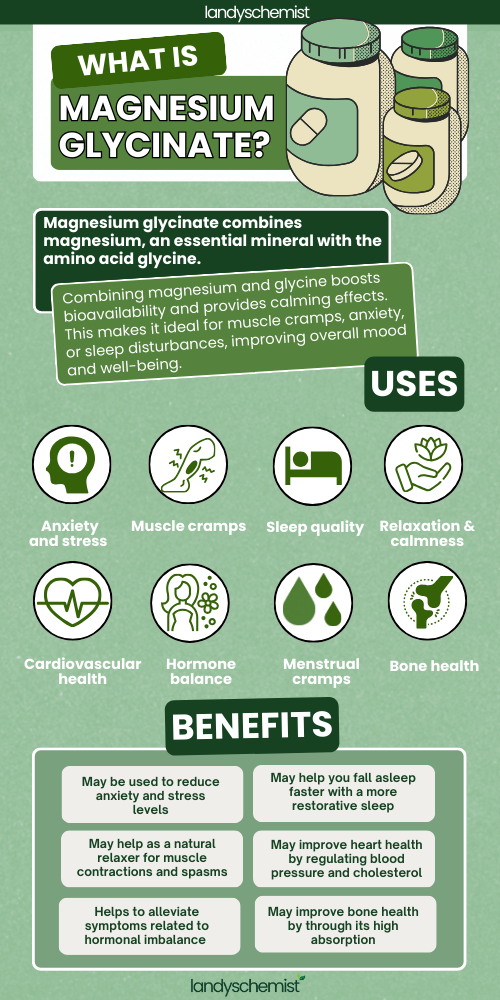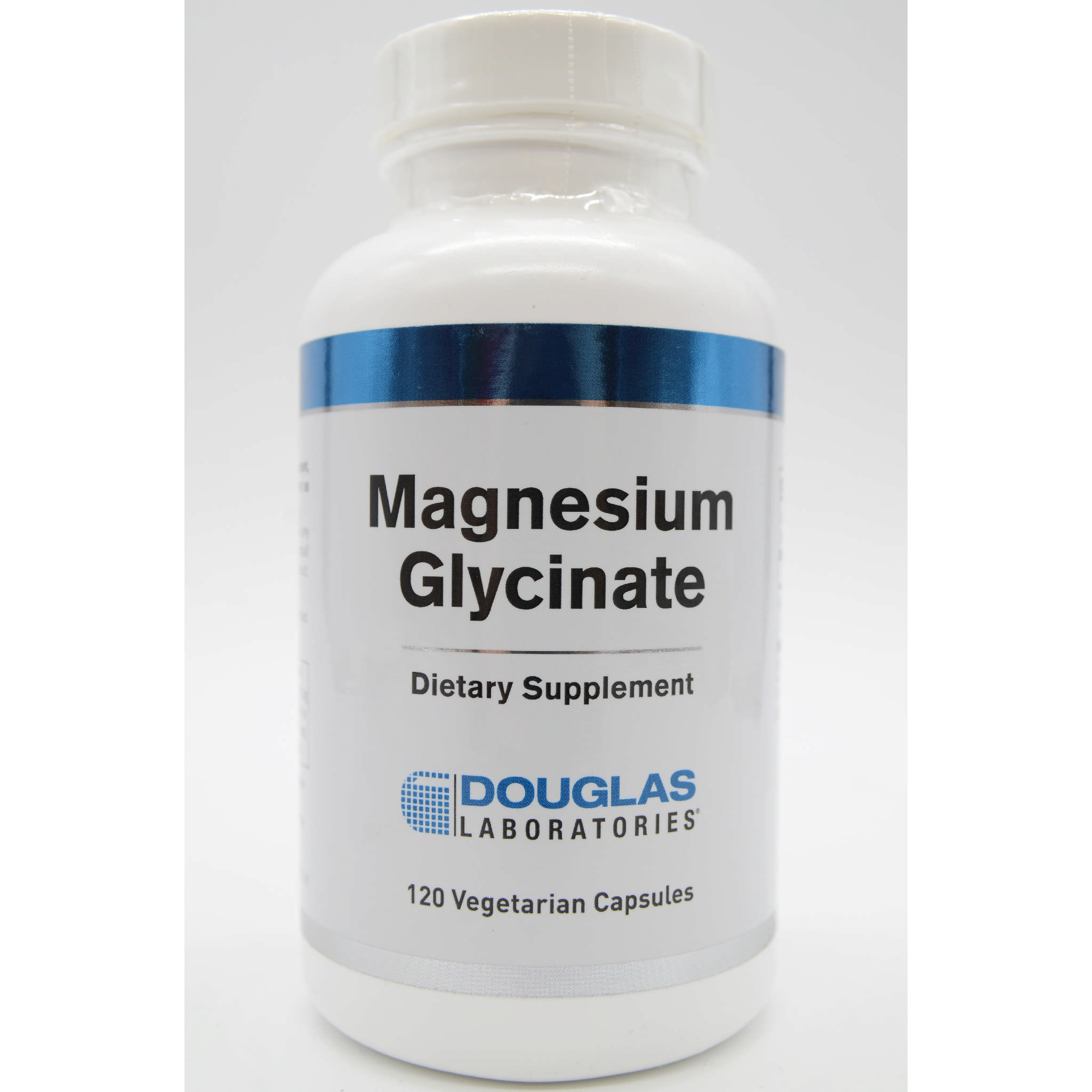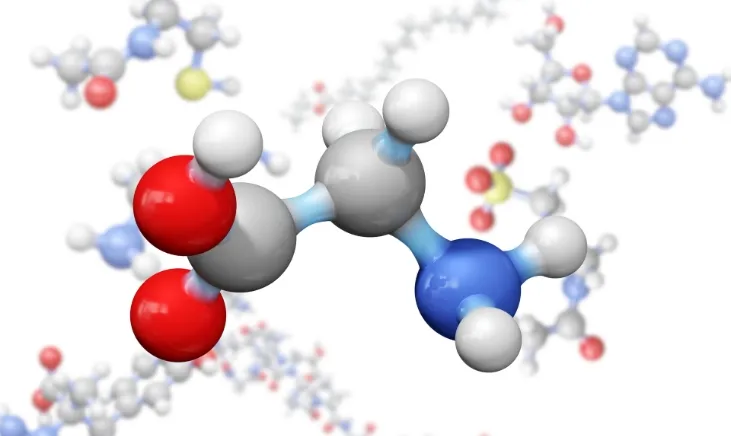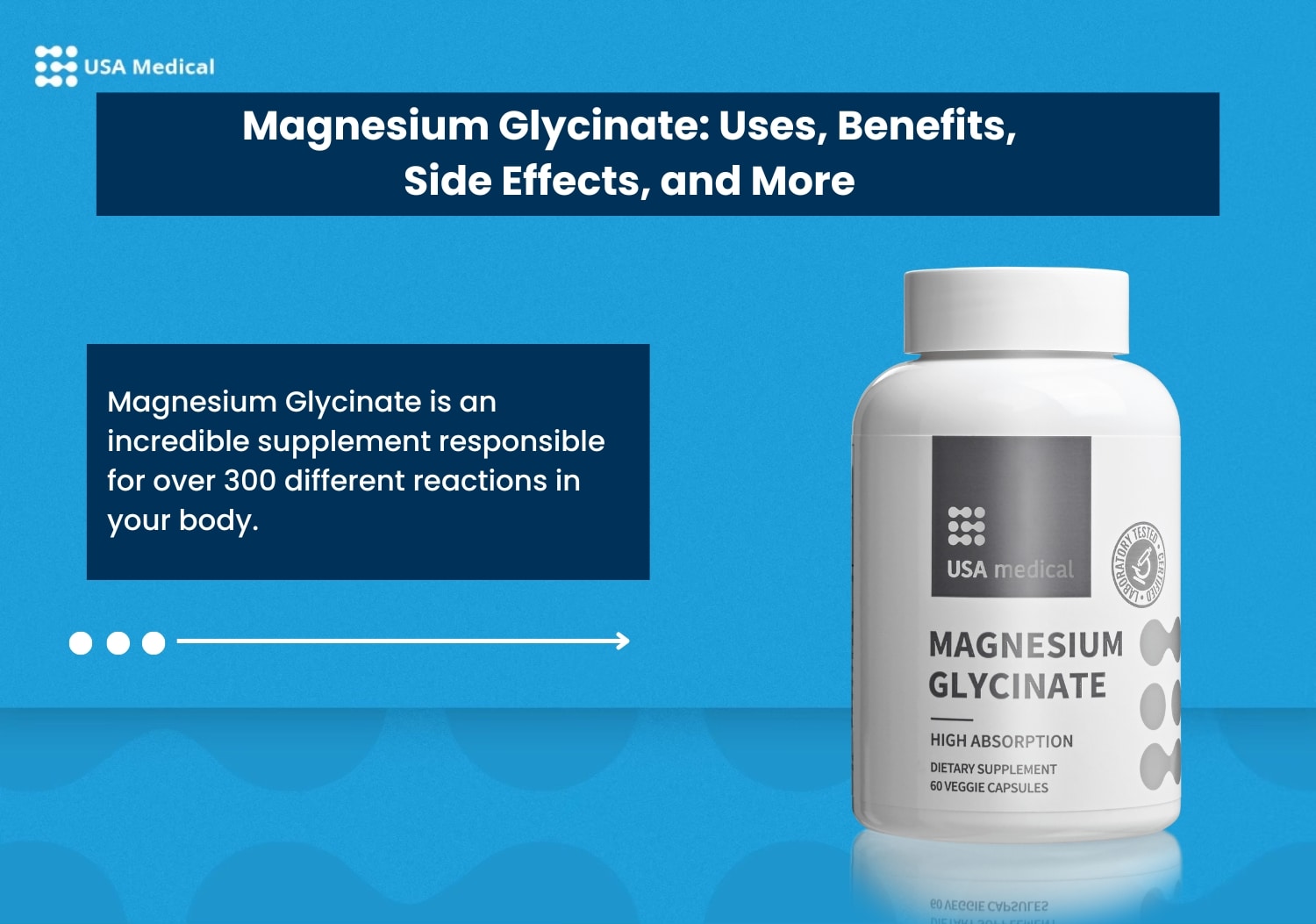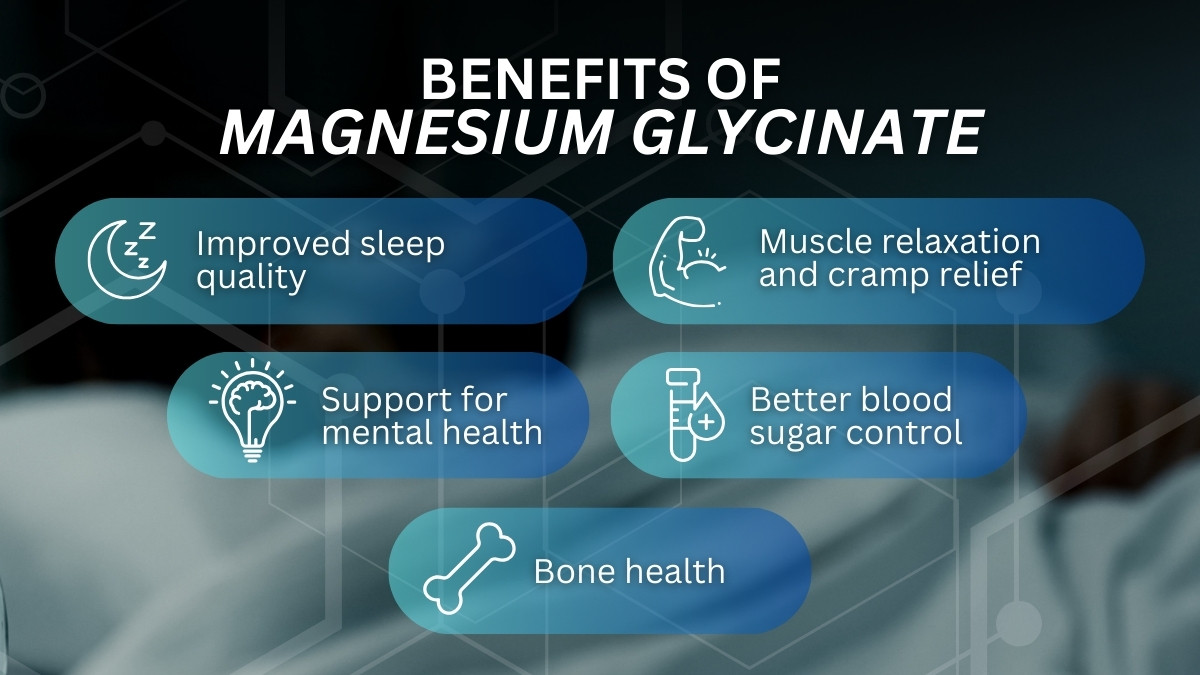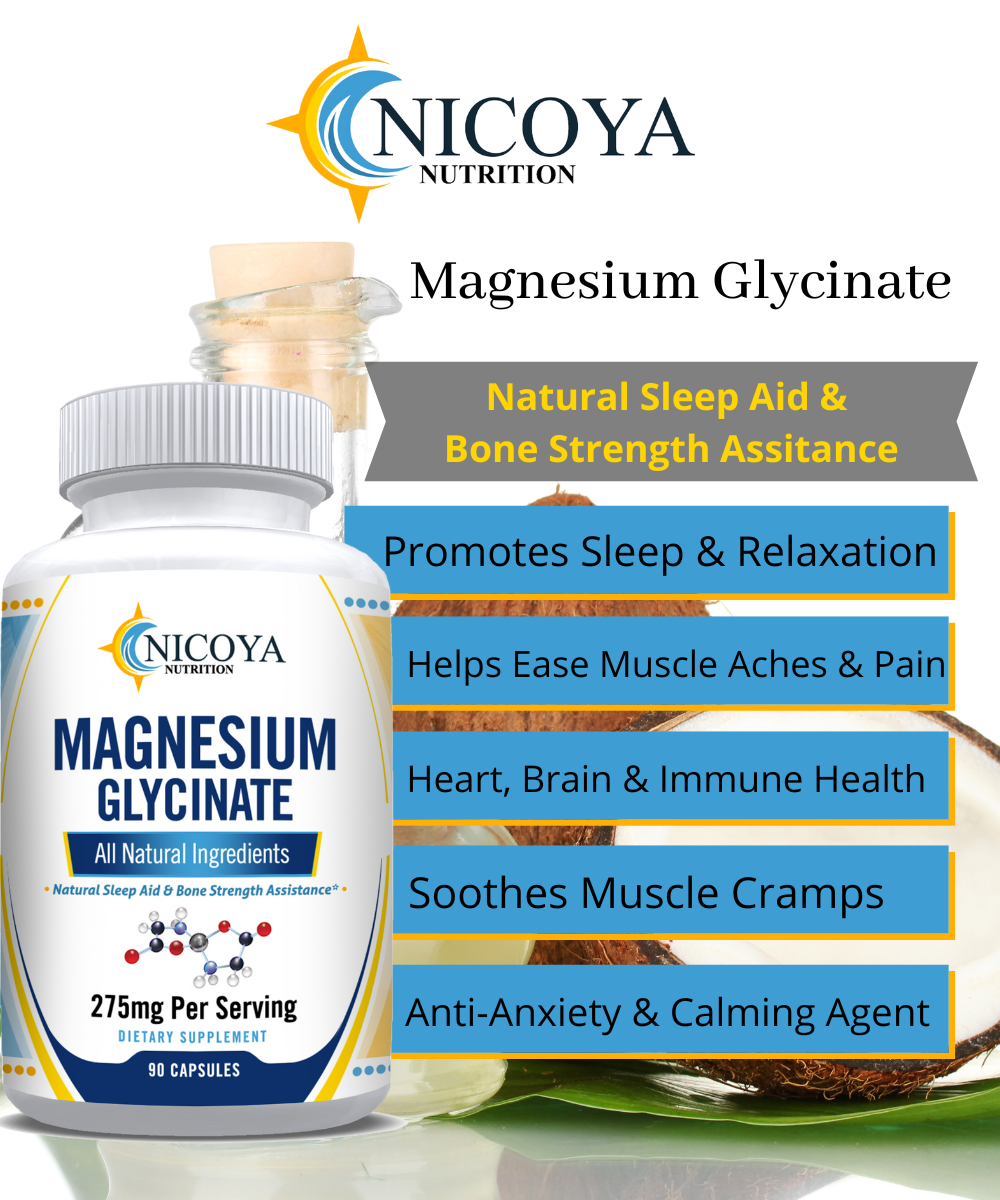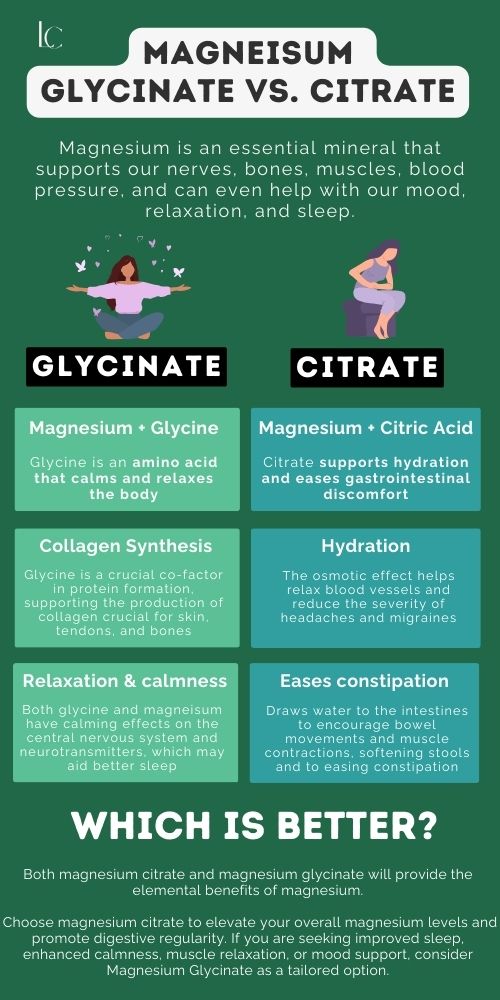Can You Take Glycine And Magnesium Glycinate Together

Imagine a world where restful sleep and a calm mind weren't luxuries, but everyday realities. A world where muscle cramps are a distant memory and anxieties gently fade into the background. For many, this remains a dream, a tantalizing glimpse of what could be. But for others, the path to this haven may lie in the synergistic potential of two simple, yet powerful supplements: glycine and magnesium glycinate.
The question on many people's minds is whether these two compounds, both individually known for their health benefits, can be safely and effectively taken together. The answer, generally, is yes, but with caveats. Understanding the nuances of their interactions and individual effects is crucial for maximizing their potential benefits while minimizing any possible risks.
Glycine: The Sweet Amino Acid
Glycine is the simplest amino acid, often described as having a slightly sweet taste. It’s a non-essential amino acid, meaning our bodies can produce it. However, supplementation can sometimes be beneficial, especially considering its multifaceted roles in human health.
It plays a pivotal role in the synthesis of proteins, glutathione (a powerful antioxidant), and creatine (vital for muscle energy). Glycine also acts as a neurotransmitter, influencing brain function and promoting relaxation.
Benefits of Glycine
Research suggests glycine can significantly improve sleep quality. Studies have shown it can help individuals fall asleep faster and experience deeper, more restful sleep. This is attributed to its calming effect on the brain, potentially reducing anxiety and promoting a sense of tranquility.
Beyond sleep, glycine has shown promise in managing blood sugar levels. Some studies indicate that it can improve insulin sensitivity, particularly beneficial for individuals with type 2 diabetes. Its role in glutathione production also contributes to antioxidant defense, protecting cells from damage caused by free radicals.
Glycine is also involved in collagen synthesis, crucial for maintaining healthy skin, joints, and bones. This makes it a popular supplement among those seeking to support overall musculoskeletal health.
Magnesium Glycinate: The Gentle Magnesium
Magnesium is an essential mineral involved in hundreds of biochemical reactions in the body. It's vital for nerve function, muscle function, blood sugar control, and blood pressure regulation. Deficiency is surprisingly common due to factors like poor diet and chronic stress.
Magnesium glycinate is a chelated form of magnesium, meaning it's bound to glycine. This form is known for its high bioavailability and gentle impact on the digestive system, making it a preferred choice for many compared to other forms like magnesium oxide, which can cause gastrointestinal distress.
Benefits of Magnesium Glycinate
Magnesium glycinate is particularly effective in promoting relaxation and improving sleep quality. It helps regulate the neurotransmitter GABA, which calms nerve activity and promotes a sense of peace. This can be especially helpful for individuals struggling with insomnia or anxiety.
It plays a critical role in muscle function, preventing cramps and spasms. Athletes often use it to support muscle recovery and reduce post-exercise soreness. Its contribution to bone health is also significant, as magnesium is a key component of bone structure.
Magnesium glycinate can contribute to cardiovascular health by helping regulate blood pressure and heart rhythm. It also plays a role in maintaining healthy blood sugar levels, working synergistically with glycine in this aspect.
The Synergy: Can You Take Them Together?
Given that magnesium glycinate already contains glycine, taking additional glycine might seem redundant or potentially harmful. However, the consensus among healthcare professionals and nutritionists is that combining them is generally safe and can even be beneficial.
The key lies in understanding the dosages and individual needs. Since magnesium glycinate provides a smaller dose of glycine compared to a standalone glycine supplement, adding more glycine can further enhance its effects, especially for sleep and relaxation.
For example, someone struggling with severe insomnia might benefit from taking magnesium glycinate before bed, supplemented with an additional 1-3 grams of glycine. This combined approach can provide a more comprehensive calming effect.
Potential Benefits of Combining Glycine and Magnesium Glycinate
Enhanced sleep quality is a primary benefit. The combination can promote deeper, more restful sleep by calming the nervous system and reducing anxiety. This can translate to improved mood, cognitive function, and overall well-being.
Improved muscle relaxation is another significant advantage. Both glycine and magnesium contribute to muscle function and relaxation, potentially reducing cramps, spasms, and soreness. This is particularly beneficial for athletes and individuals with chronic muscle pain.
Supports balanced blood sugar and antioxidant defense. The synergistic effect on insulin sensitivity and glutathione production can contribute to improved metabolic health and cellular protection. This can be particularly beneficial for individuals at risk of or managing diabetes.
Dosage and Considerations
While generally safe, it's important to be mindful of dosages. Start with low doses and gradually increase as needed, paying attention to how your body responds. A typical dose of magnesium glycinate ranges from 200-400 mg, while glycine supplementation often ranges from 1-3 grams.
It's crucial to consult with a healthcare professional before starting any new supplement regimen, especially if you have underlying health conditions or are taking other medications. Individuals with kidney problems should exercise caution, as excessive magnesium intake can be harmful.
Pay attention to any potential side effects, though they are generally mild. Some individuals may experience mild gastrointestinal upset, such as nausea or diarrhea. If this occurs, reduce the dosage or discontinue use. Some studies indicate that very high doses of glycine may cause soft stools.
Scientific Evidence and Expert Opinions
While research specifically investigating the combined effects of glycine and magnesium glycinate is limited, ample evidence supports the individual benefits of each supplement. Experts often recommend them as complementary tools for promoting sleep, relaxation, and overall well-being.
"Magnesium glycinate is an excellent form of magnesium for those seeking better sleep and relaxation," says Dr. Mark Hyman, a renowned functional medicine physician. "Combining it with glycine could potentially enhance these effects, especially for individuals with persistent sleep problems."
However, the consensus emphasizes the importance of individualization. What works well for one person may not work for another. Experimentation under the guidance of a healthcare professional is key to finding the optimal dosage and combination for your specific needs.
Conclusion: A Path to Tranquility?
The potential benefits of combining glycine and magnesium glycinate are compelling. From promoting restful sleep to supporting muscle relaxation and metabolic health, the synergy between these two compounds offers a holistic approach to well-being. However, it's crucial to approach this combination with informed awareness and personalized guidance.
While these supplements aren't a magic bullet, they can be valuable tools in your wellness journey. By understanding their individual effects and potential interactions, and by working closely with your healthcare provider, you can unlock the potential for a calmer mind, a more rested body, and a life filled with greater ease and tranquility. The path to that serene world may be closer than you think.




